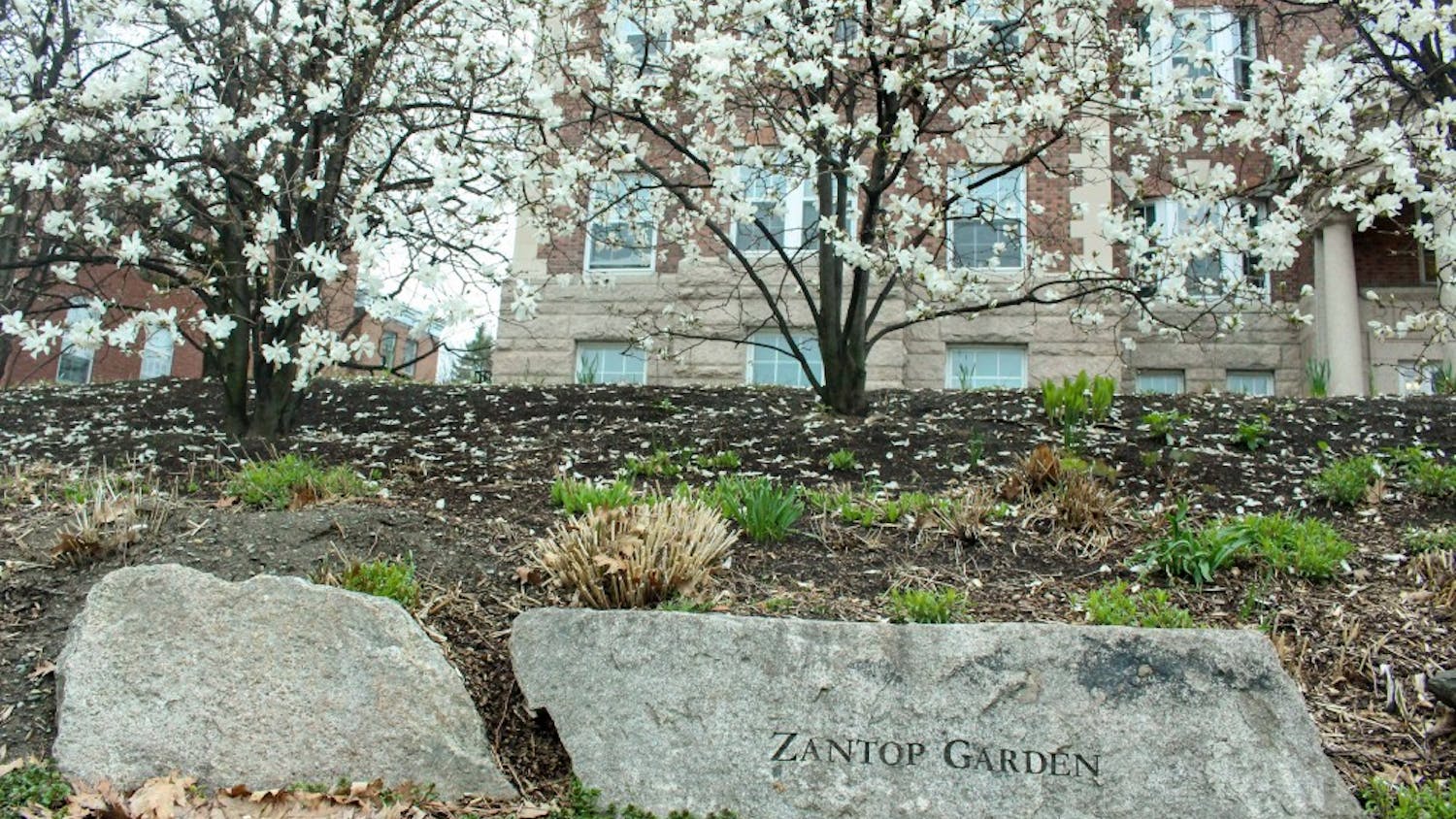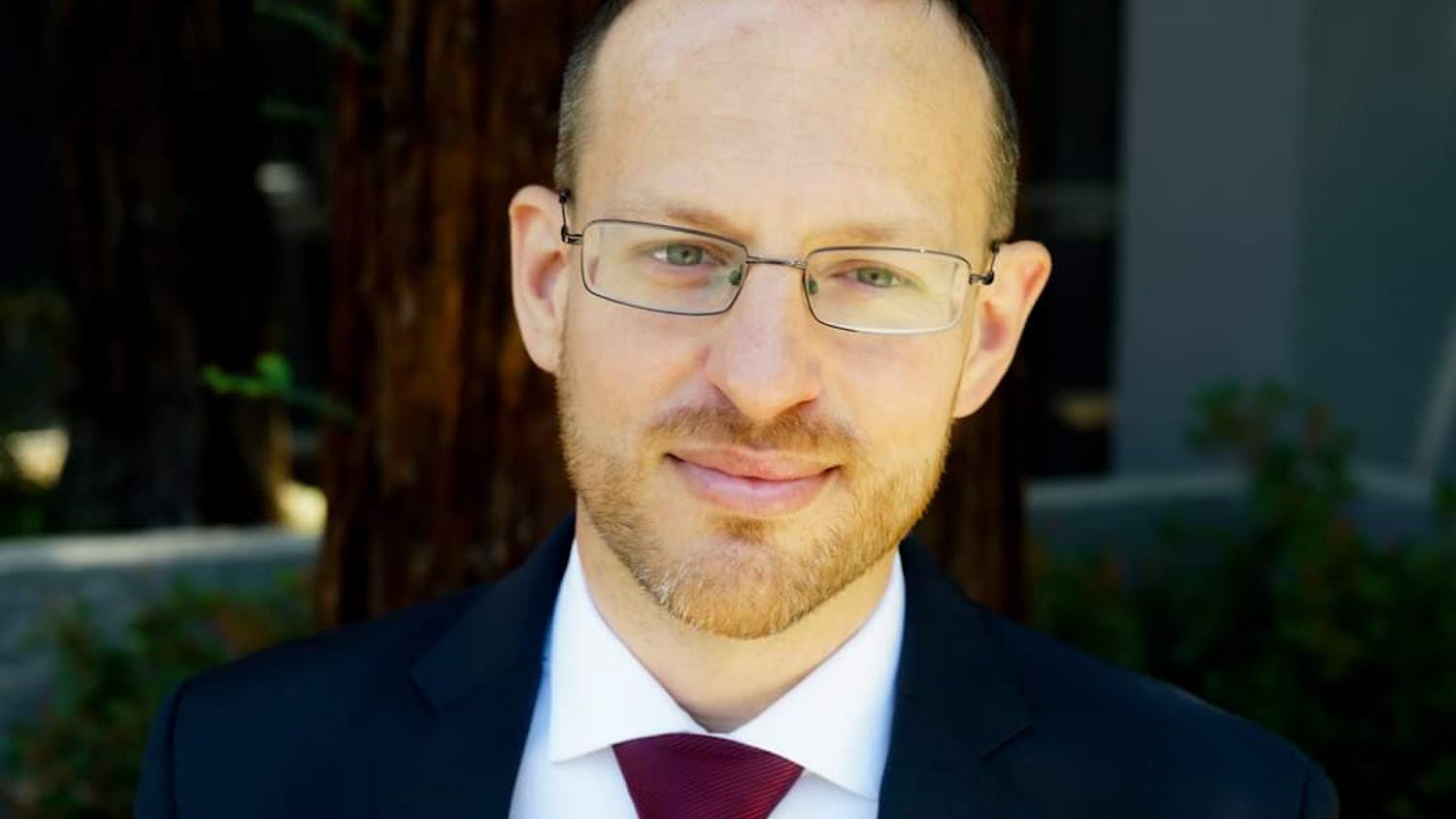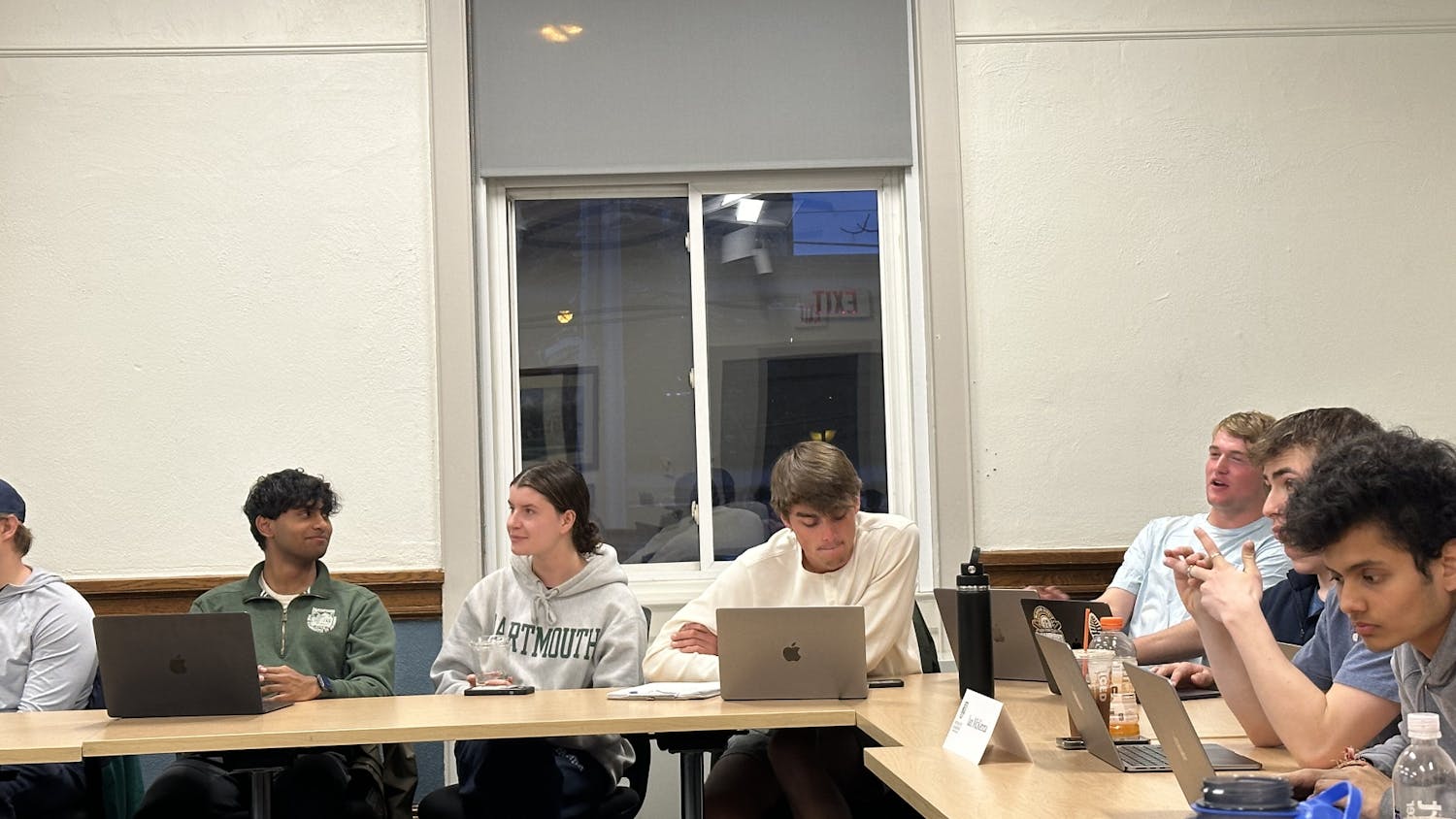It was thirty years ago today when a group of disgruntled Dartmouth students stormed Parkhurst Hall to protest what they perceived to be an unjust administration indifferent to their demands - but to those members of the Dartmouth community who participated in the event, it feels like it was only yesterday.
The issue at stake was the presence of the ROTC program on campus - in the midst of an escalating and unpopular war in Vietnam, anti-war students saw ROTC as a symbol of the conflict.
"There were weekly protests against the war for several years," John Beck '69 recalled in an interview with The Dartmouth. "But during the spring of '69 the protests escalated."
Student outcries during the spring led to student and faculty referendums over the ROTC issue, held on April 28 and May 5 respectively.
Ultimately, the referendum showed a majority of students favoring either eliminating ROTC immediately or phasing it out within three years. But for some students this was not enough.
Little more than a week after the referendum the Students for a Democratic Society and other anti-ROTC supporters seized Parkhurst Hall with the intent of compelling the College to completely eliminate the ROTC program.
The protesters forced deans and then-College President John Sloane Dickey to leave the building at 3 p.m., and then nailed, chained and padlocked the doors shut.
SDS leader David Green '71 remembers spending time inside Parkhurst "discussing strategy and tactics. We were also singing Beatles and Bob Dylan songs."
Nearly 100 people protested inside the building, including some professors, Green said. "There was access in and out," Green said. "some people were coming and going."
A crowd of nearly 1,000 students and faculty assembled outside the administration building during the early hours, listening to speakers on the steps and from inside the building.
By 5:30 p.m., the College obtained a court injunction, but students still refused to leave the building. The students stayed inside Parkhurst until nearly 4 a.m. despite several attempts by local police to convince the students to leave.
At 4 a.m., then-Grafton County Sheriff Herbert W. Ash announced "you in the building, we're coming in." Green said the police then proceeded to break down the "heavy wooden doors of Parkhurst," finding the SDS students inside chanting "U.S. out of Vietnam, ROTC out of Dartmouth."
The police then proceeded to lead the students out of the building and through the crowd to large busses. Green stressed that "no one was hurt - there were no injuries, it was non-violent."
The students were jailed and faced trial within 48 hours, all were sentenced to 30 days in jail. The College put most students on probation, but four were suspended. Green was the only student expelled as a result of the siege.
The incident sent shockwaves throughout the campus, despite the threats made by SDS to take the building during the weeks leading up to May 6. However, the actual plan to take the building was not revealed until immediately before the event.
Not every student supported the protesters. Arthur Fergenson '69 said he knew of the plan and warned Former Dean of the College Thaddeus Seymour of the SDS's goals that morning.
"If that contributed at all to the failure of the takeover I'm pleased," Fergenson told The Dartmouth in an interview last night. "I'm glad I turned them in."
Fergenson wrote an editorial the following day in The Dartmouth denouncing the activities of the SDS.
George LeMaistre '70, editor of The Dartmouth, said the newspaper too, "knew before the storming that it was going to happen."
Green said he was involved in the movement because "I believe in activism - students should be aware of what's going on and try to influence it." All the alumni interviewed said the current trustee initiative warrants student activism.
"If I were a student I would make my voice heard about these issues," Beck said, though he said the issues facing Dartmouth students today are very different from those of the Vietnam War.
"I wish that [the trustee initiative] was all we could have had to deal with," Green said as he looked back on his activism at Dartmouth.
He said one of the few things he regrets about it is "we were right but we were arrogant about it. We were intolerant and extreme and saw everything in black and white."



